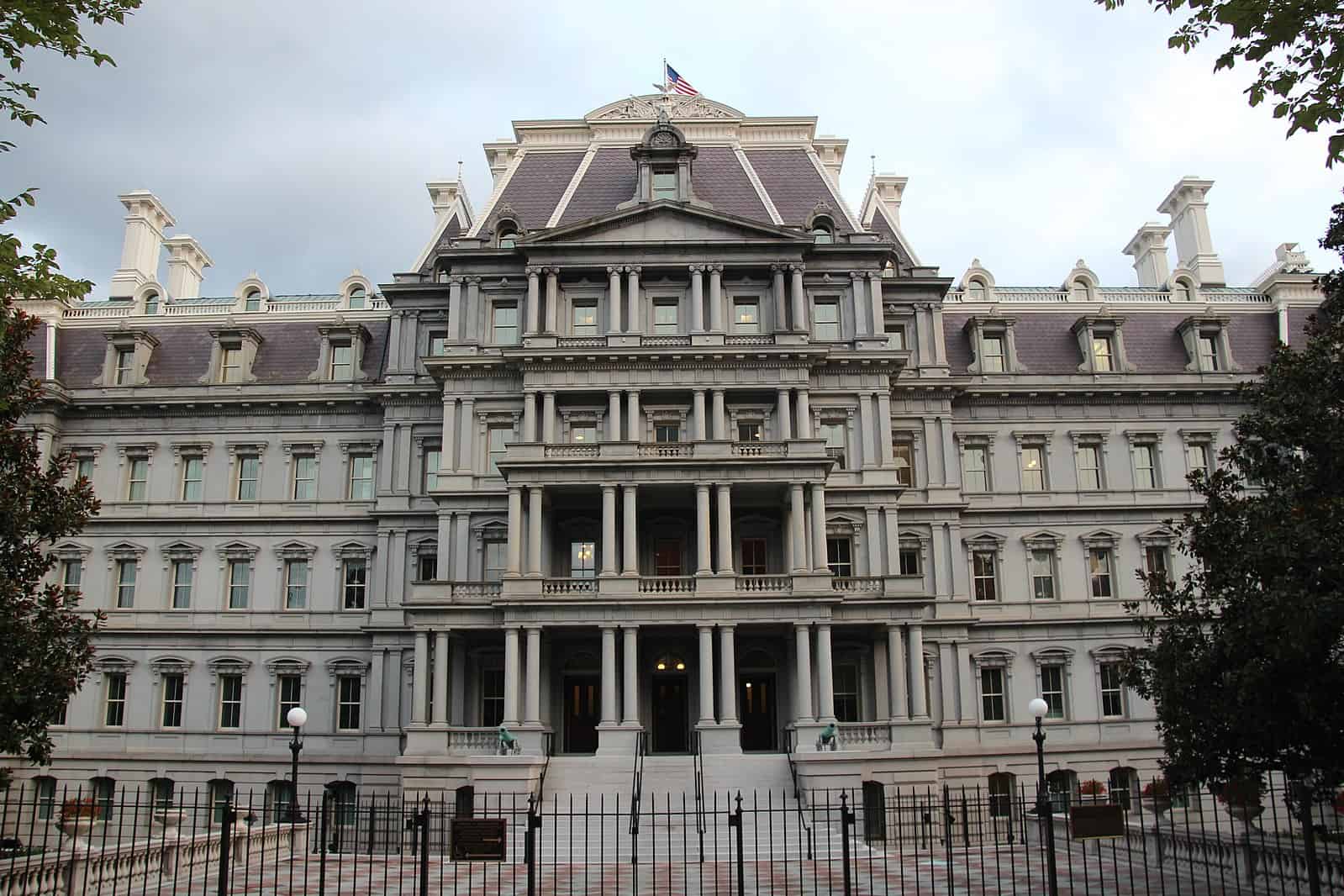
Fred Messner is a student at Harvard Law School.
Over the weekend, a federal judge dismissed a lawsuit filed by over 100 employees of a Texas hospital who were seeking to challenge their employer’s COVID-19 vaccine requirement. The complaint alleged that the hospital system had unlawfully forced its employees to be “human ‘guinea pigs’ as a condition for continued employment.” In rejecting the suit, Judge Lynn N. Hughes of the Southern District of Texas not only held that the employee plaintiffs had no legal claim, but also rejected as “false” and “irrelevant” their factual allegations that the vaccines are experimental and dangerous. Notably, however, Judge Hughes resolved the case under Texas state employment law, so it is unlikely to serve as more than persuasive precedent in other jurisdictions.
At the federal level, employers are struggling to make sense of the EEOC’s May guidance on whether incentives can be offered to encourage workers to get vaccinated voluntarily. The Commission had attempted to clarify that employers are free to offer incentives so long as those incentives are not “so substantial as to be coercive,” but the contours of the “coercive” standard remain shrouded in doubt. As Bloomberg Law reported this morning, significant disagreement exists among employers, lawyers, and commentators over what sorts of incentives would exceed that limit. This is not the first time the EEOC has struggled to impose clear limits on employer incentives. In 2018, the Commission barred employers from offering “coercive” incentives for workers to participate in wellness programs, but its definition of the term was struck down in federal court.
In other Department of Labor news, the White House released a regulatory agenda on Friday that detailed DOL’s plans to “update and modernize” the regulations governing wage and hour standards for most federally funded work. Among the nascent regulations are proposals that would raise the minimum wage for federal contractors to $15 per hour as early as 2022, eliminate the subminimum tipped wage for them by 2024, and improve tracking of workplace injuries. Additionally, DOL indicated that it was considering proposals to “withdraw the obstacles to protecting and strengthening workers’ economic security and civil rights that the prior administration put in place.”
Finally, Motherboard by Vice released a “Guide to the Gig Economy” this morning with explainers on common concepts and buzzwords, many of which provide a rare window into the daily life of gig workers. For instance, the guide explains that “deadhead” refers to “the unpaid portion of gig work that comes after dropping off a person or item, but before arriving at the next pickup.” “Deactivation,” the article explains wryly, is “[a]n innuendo applied when workers are fired or terminated to prevent any association with the concept of employment.” As the gig work model continues to proliferate throughout the American economy, this nomenclature has already become part of many Americans’ daily vernacular, but viewing it all in one place is a healthy reminder of how much the economy and labor force have changed over the last decade.






Daily News & Commentary
Start your day with our roundup of the latest labor developments. See all
July 11
Regional director orders election without Board quorum; 9th Circuit pauses injunction on Executive Order; Driverless car legislation in Massachusetts
July 10
Wisconsin Supreme Court holds UW Health nurses are not covered by Wisconsin’s Labor Peace Act; a district judge denies the request to stay an injunction pending appeal; the NFLPA appeals an arbitration decision.
July 9
the Supreme Court allows Trump to proceed with mass firings; Secretary of Agriculture suggests Medicaid recipients replace deported migrant farmworkers; DHS ends TPS for Nicaragua and Honduras
July 8
In today’s news and commentary, Apple wins at the Fifth Circuit against the NLRB, Florida enacts a noncompete-friendly law, and complications with the No Tax on Tips in the Big Beautiful Bill. Apple won an appeal overturning a National Labor Relations Board (NLRB) decision that the company violated labor law by coercively questioning an employee […]
July 7
LA economy deals with fallout from ICE raids; a new appeal challenges the NCAA antitrust settlement; and the EPA places dissenting employees on leave.
July 6
Municipal workers in Philadelphia continue to strike; Zohran Mamdani collects union endorsements; UFCW grocery workers in California and Colorado reach tentative agreements.